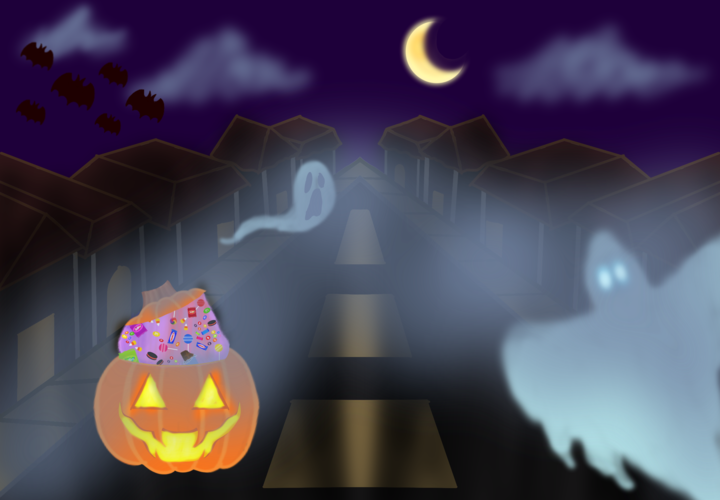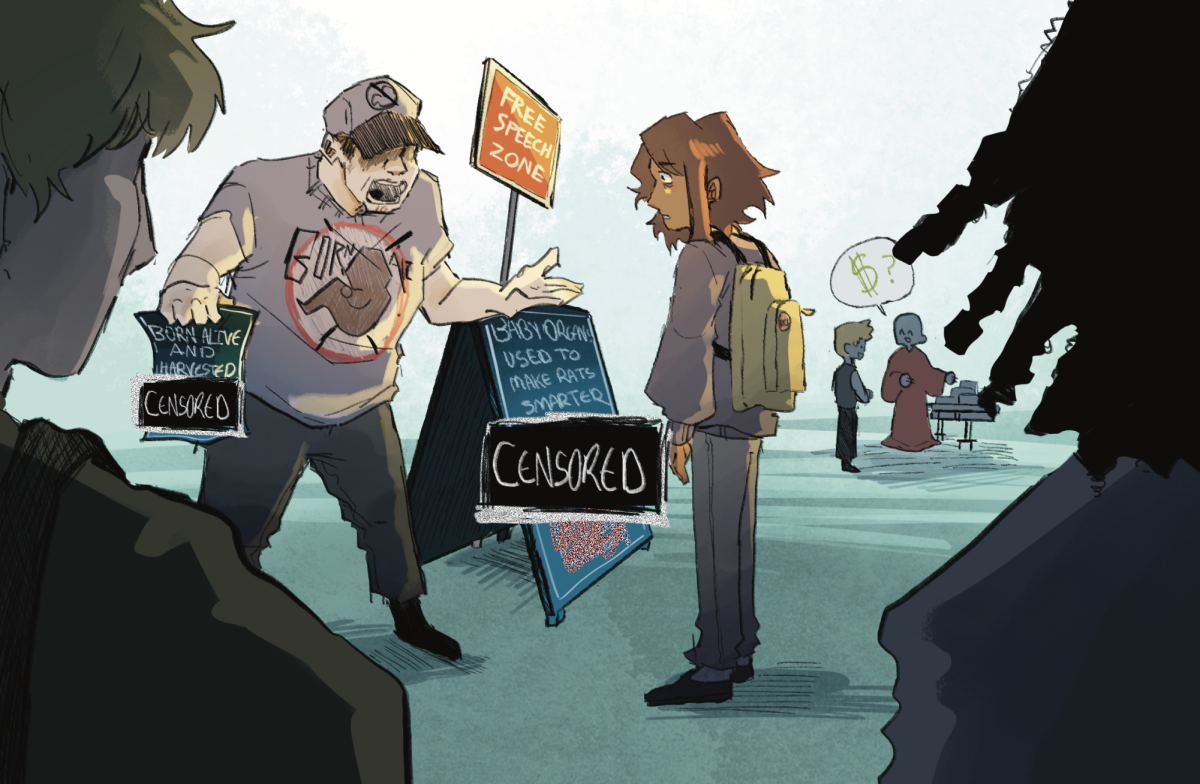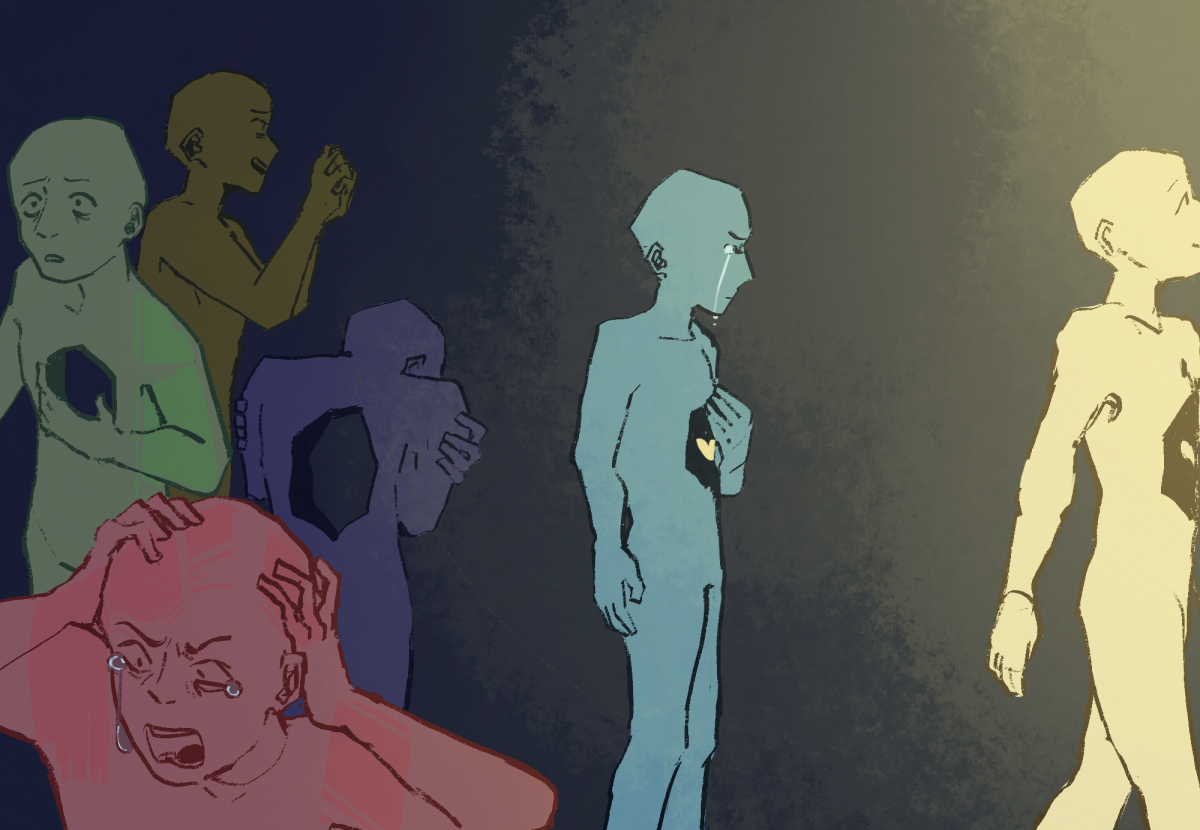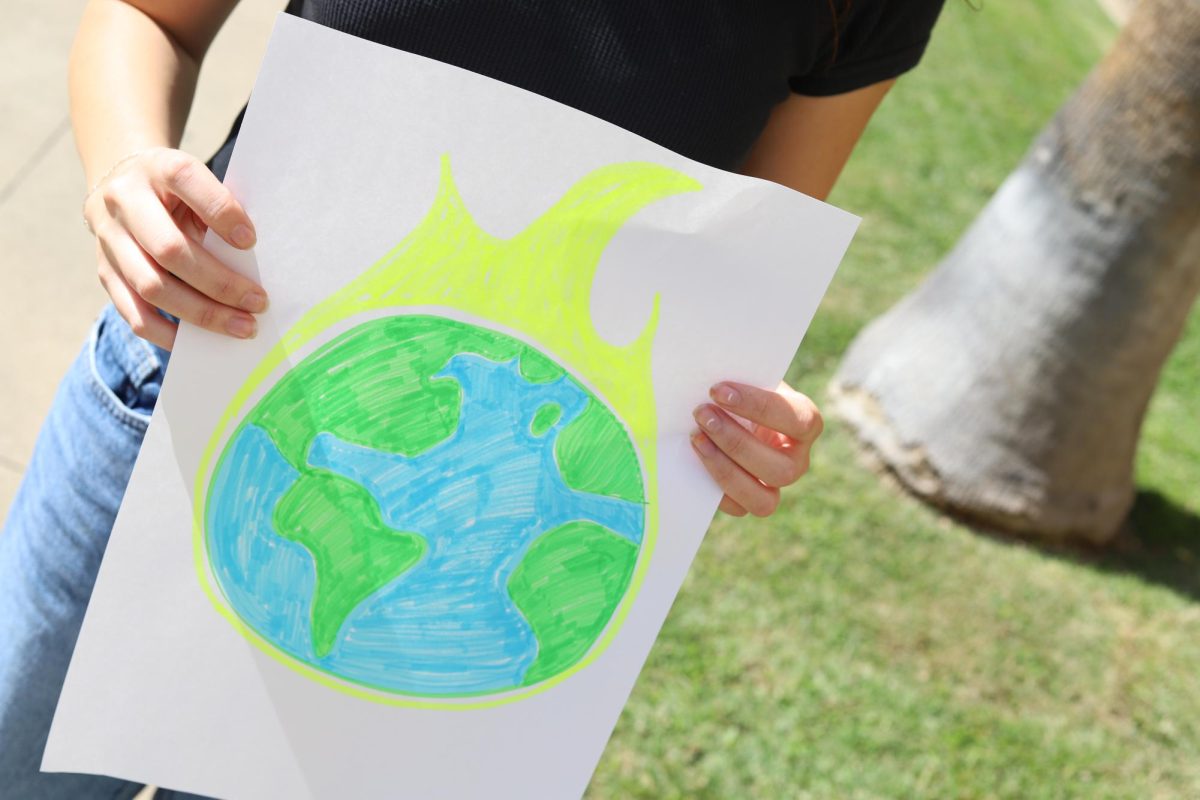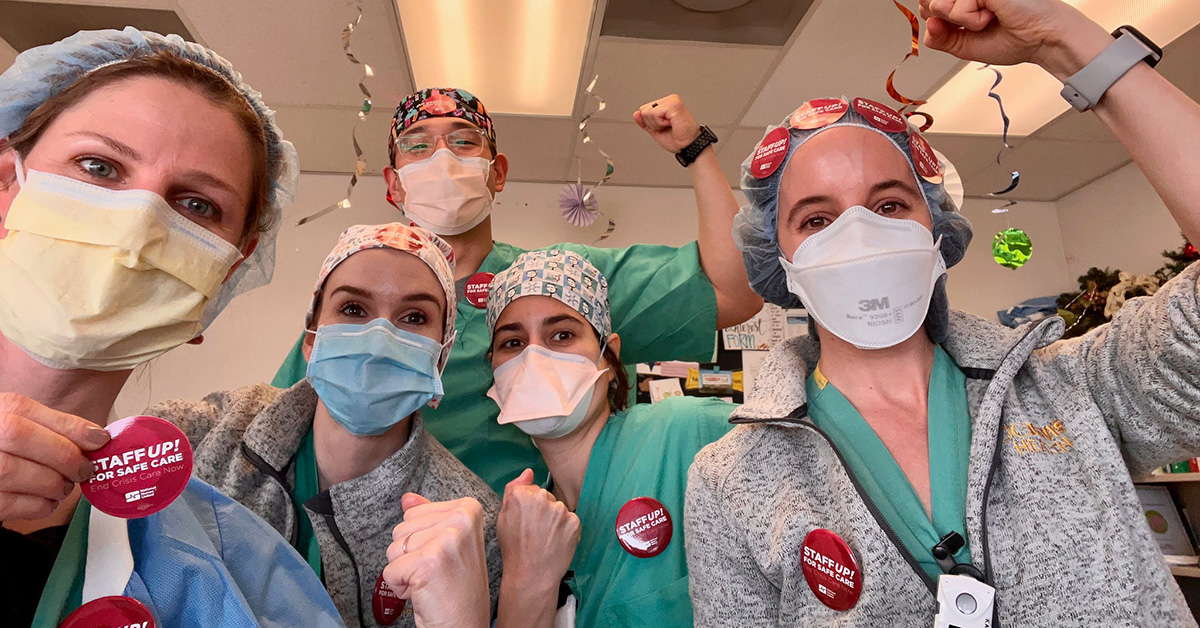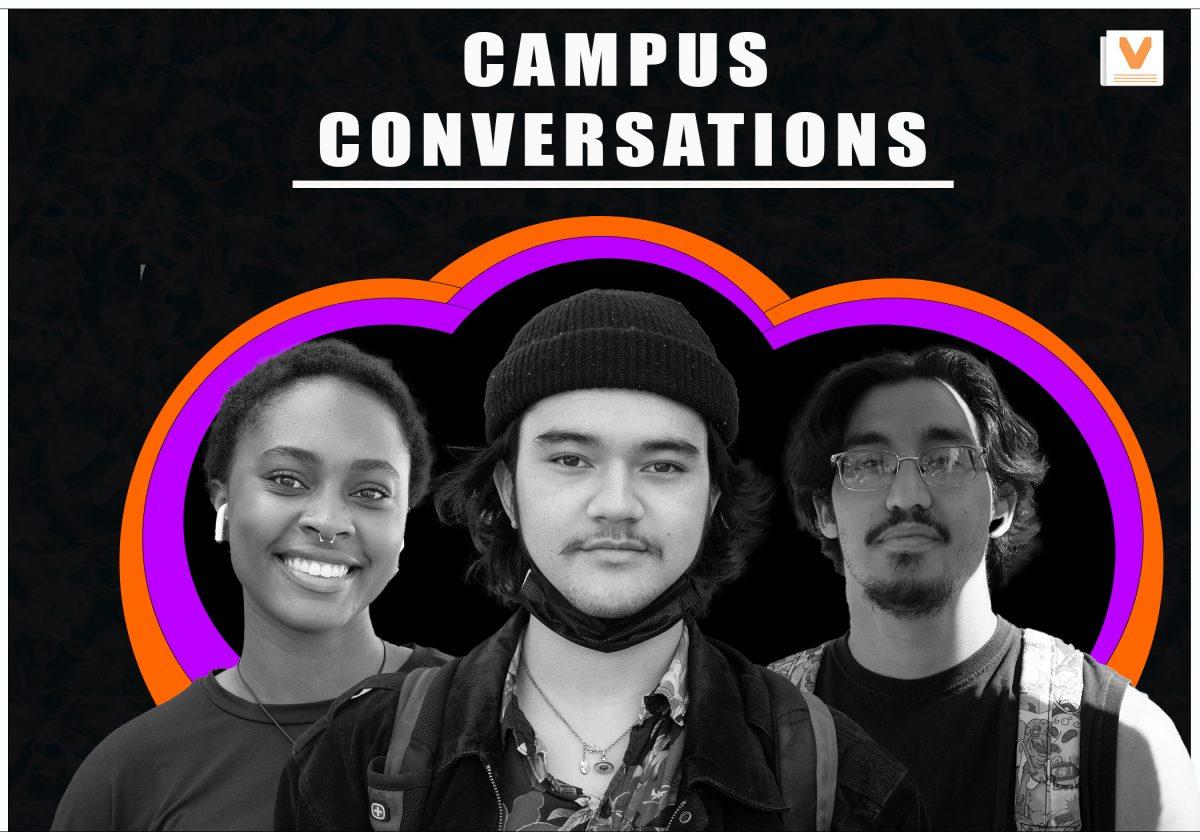As October comes to an end, the holidays that follow lead to another holiday season that will be overshadowed by the act of consuming.
Halloween is not as fun because it has become entangled in expensive costumes, tickets to haunted mazes and Instagram influencer culture. For a lot of people, they love to go to pumpkin patches, go through scary mazes and buy expensive costumes to only wear one time.
Halloween has become a competition to see who has the best costume instead of just enjoying the holiday with your friends and family. This experience reflects many of us thinking Halloween has changed from being a spooky holiday to just a holiday of overconsumption and social media showcasing.
However, the critique of consumer culture is not simply about price tags. For some, holiday consumerism is one of the few instances of opportunity over the course of the year. It can be a chance to buy a few things that are unaffordable throughout the year.
For instance, buying a business suit to wear to job interviews and buying a full set of cosmetics can be used to look good for the whole year. This reminds us that the problem is not consumption itself but consumption as it is structured; most of the waste of materials is dumped by companies for the products they don’t sell. Individual consumers do not contribute to that kind of waste.
There is also growing disappointment in expressing not only Halloween but all holidays. Everything feels like another day in which all corporations are attempting to extract as much money as they can from our pockets. Recollections of trick-or-treating with a pillowcase filled with sweets is a world away from spending over $100 dollars on treats, only to now sit on an empty porch.
A shared wish to celebrate what Halloween was really about getting together with the ones you love and celebrating horror through its monsters and stories. Why is the candy only on sale once Halloween is over?
Capitalism has transformed the character of holidays, particularly those based on faith as well. The contemporary world has redirected reverential observance from a more Christ-centered focus to a consumptive monopoly.
Christmas is centered around shopping and sales and even Halloween; A holiday with origins grounded in tradition appears to have changed to more about decorating and candy sales than about tradition. Losing this aspect of the holidays feels more personal than as spiritual. What happened to time with family?
Carving pumpkins, baking cookies, or even just sitting around—those are the things that made the holiday special. These concerns push the critique even further.
Capitalism does not merely influence holidays; it more so infects them. It turns everything into a transaction. We start with Halloween and then it never seems to stop until after Black Friday and finally the Christmas and end-of-year festivities.
We hope for something better, so holidays could be dedicated to a practice of putting the filter of consumption aside. Maybe Halloween is simply walking through the neighborhood and ensuring every child receives a treat instead of the best costume. Perhaps that is Halloween we should fight back to restore.

